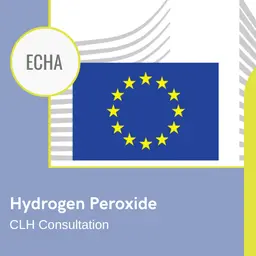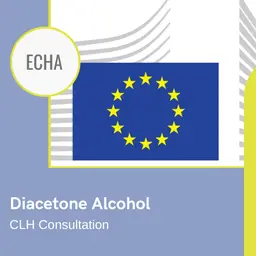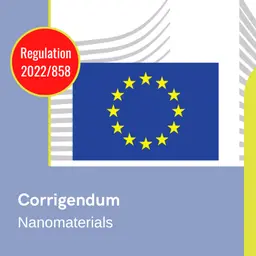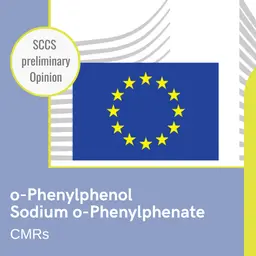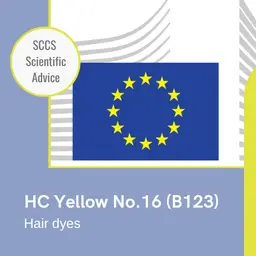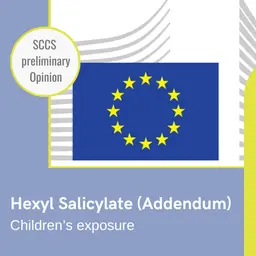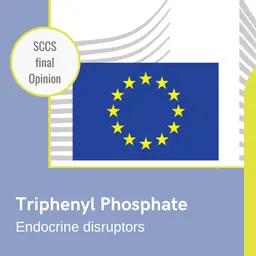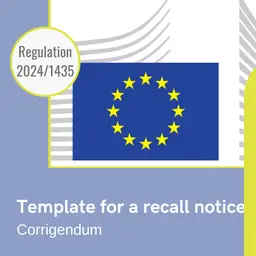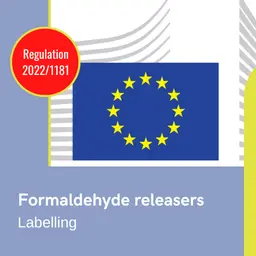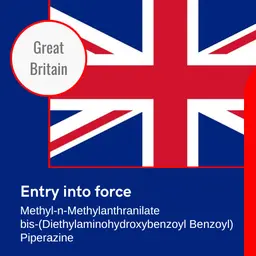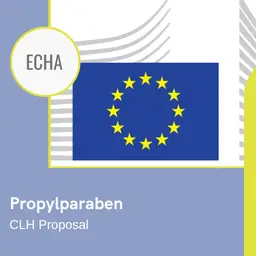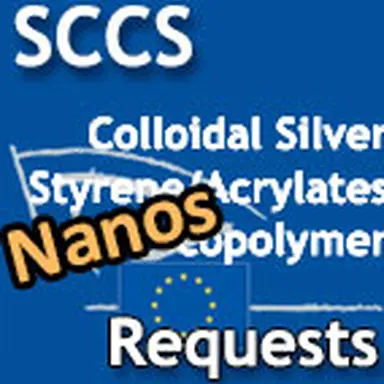
Following the mandatory notifications of the ingredients in the form of nanomaterials under the Cosmetics Regulation 1223/2009, the European Commission asked the SCCS to assess the safety of two substances, not reported in the CosIng database as nanos. The requests were published on 1st September 2016 for Colloidal Silver and le Styrene/Acrylates copolymer.
Colloidal Silver [nano]
Background
Article 2(1)(k) of Regulation (EC) No 1223/2009 establishes that “nanomaterial” means an insoluble or biopersistent and intentionally manufactured material with one or more external dimensions, or an internal structure, on the scale from 1 to 100 nm.
That definition covers only materials in the nano-scale that are intentionally made, and are insoluble/partially-soluble or biopersistent (e.g. metals, metal oxides, carbon materials, etc), and it does not cover those that are soluble or degradable/non-persistent in biological systems (e.g. liposomes, emulsions, etc). Article 16 of the Cosmetics Regulation requires any cosmetic product containing nanomaterials to be notified to the Commission six months prior to being placed on the market, and Article 19 requires nano ingredients to be labelled (name of the ingredient, followed by ‘nano’ in brackets). If there are concerns over the safety of a nanomaterial, the Commission shall refer it to the Scientific Committee on Consumer Safety (SCCS) for a full risk assessment.
The Commission received 63 notifications of cosmetic products containing Colloidal Silver (CAS No7440-22-4, EC No231-131-3) in nano form, as reported in the attached list. This ingredient is reported in the CosIng database without any reference to the nano form with the function of abrasive, …

